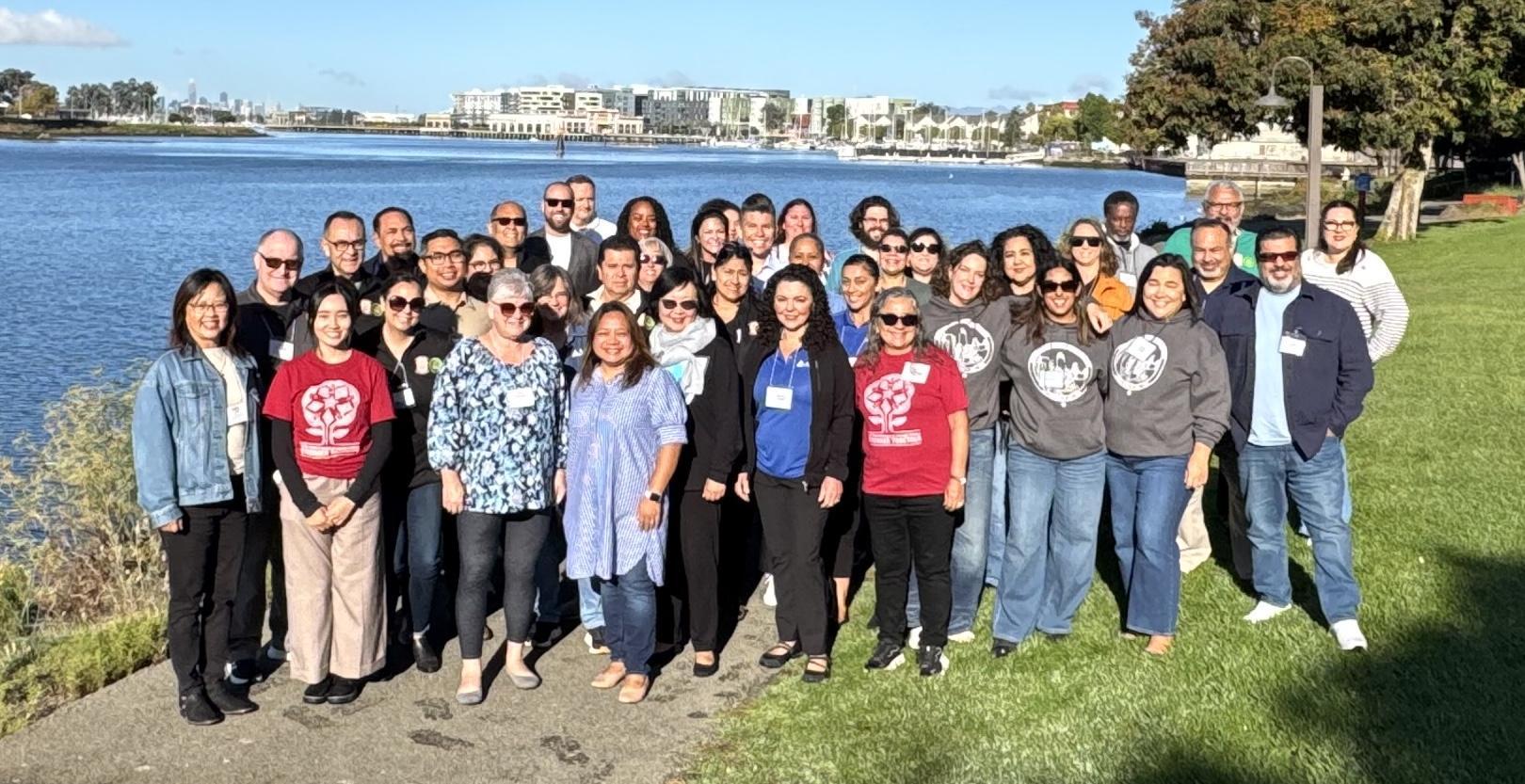Leaders from the California Association of Urban School Administrators (CAUSA) gathered in Oakland this week under the theme “The Power of Labor in Overcoming Oppression.” The annual meeting brought together representatives from school district administrator unions across the state to share strategies, discuss challenges, and identify common priorities as many districts face deep budget cuts and prepare for major contract negotiations.
CAUSA, which represents more than 6,000 front-line managers—both certificated and classified—has served California’s educational leaders for more than two decades under the mission “Empowering Educational Leaders to Improve Working Conditions.” The association’s members believe that when working conditions improve for administrators, students ultimately benefit.
While a number of CAUSA locals are affiliated with the American Federation of School Administrators (AFSA), others operate as independent unions or are aligned with different national labor organizations—reflecting CAUSA’s broad and inclusive approach to empowering educational leaders statewide.
This year’s day-and-a-half meeting, hosted by the Oakland Unified administrators’ union, focused on the role of organized labor in defending equity, fairness, and respect for education’s front-line leaders. Delegates shared how their districts are grappling with fiscal crises fueled by declining enrollment, rising costs, and funding shortfalls. Despite these pressures, participants underscored the strength that comes from solidarity and shared purpose.
Cary Kaufman, president of the United Administrators of Oakland Schools (UAOS), AFSA Local 83,, spoke to the critical role of unions in student success: We must have a strong voice to help our students succeed. Using the power of unions makes schools stronger for students, and our work as administrators is essential in making that happen.
CAUSA meetings, hosted on a rotating basis among member districts, are rooted in collaboration and voluntary participation. Through open dialogue and the exchange of ideas, unions often replicate successful contract provisions across districts, raising standards for administrators statewide.
“The synergy that comes from these gatherings is powerful,” said a delegate. “What one union negotiates in Sacramento or Oakland today could become a model in Los Angeles or San Diego tomorrow.”
In addition to labor and contract updates, CAUSA discussions explored strategies to support administrators seeking to form unions in their districts. The association continues to provide tactical guidance and mentorship for leaders building their collective voice in education.
As California’s urban school districts continue to navigate fiscal uncertainty and systemic inequities, CAUSA’s message this year was clear: through the power of labor, educational leaders can overcome oppression and drive lasting change for both workers and students.

